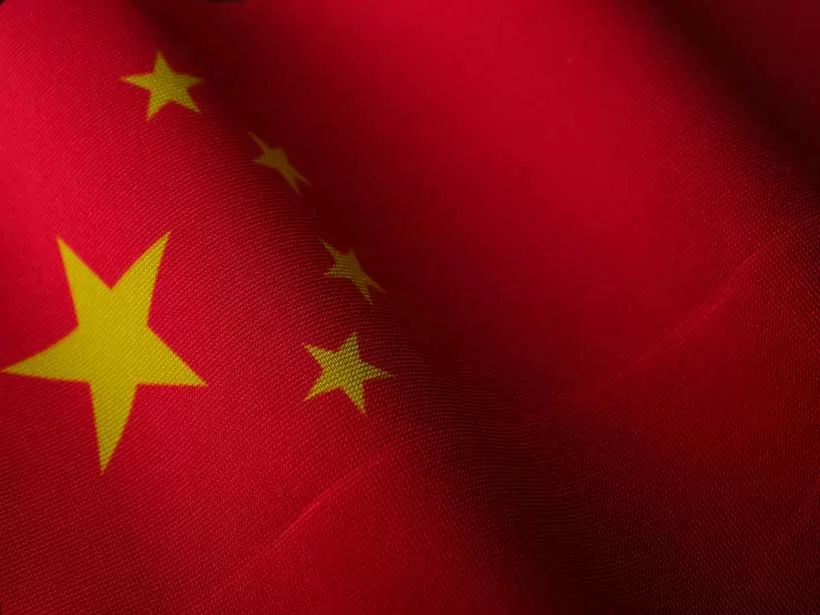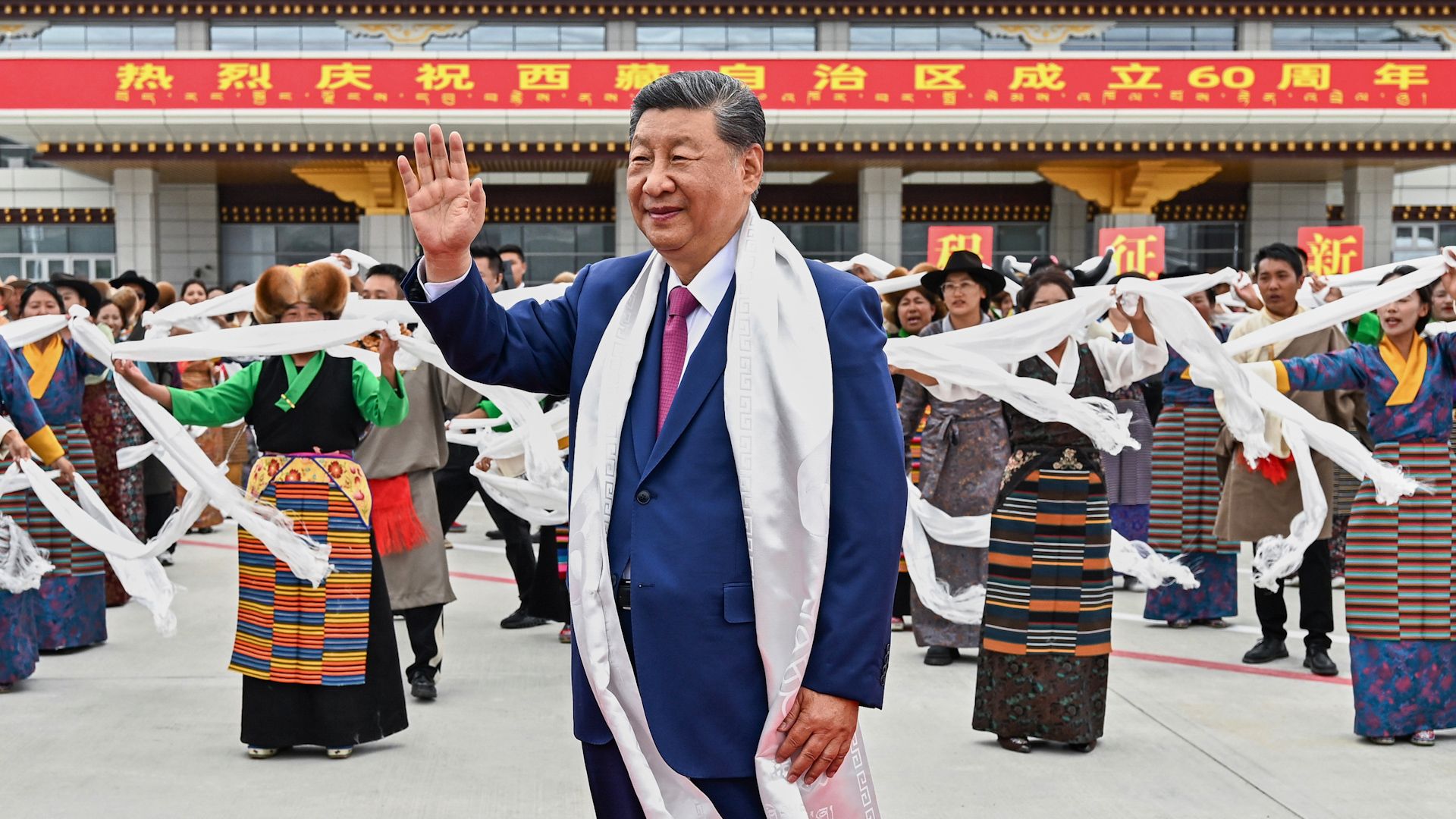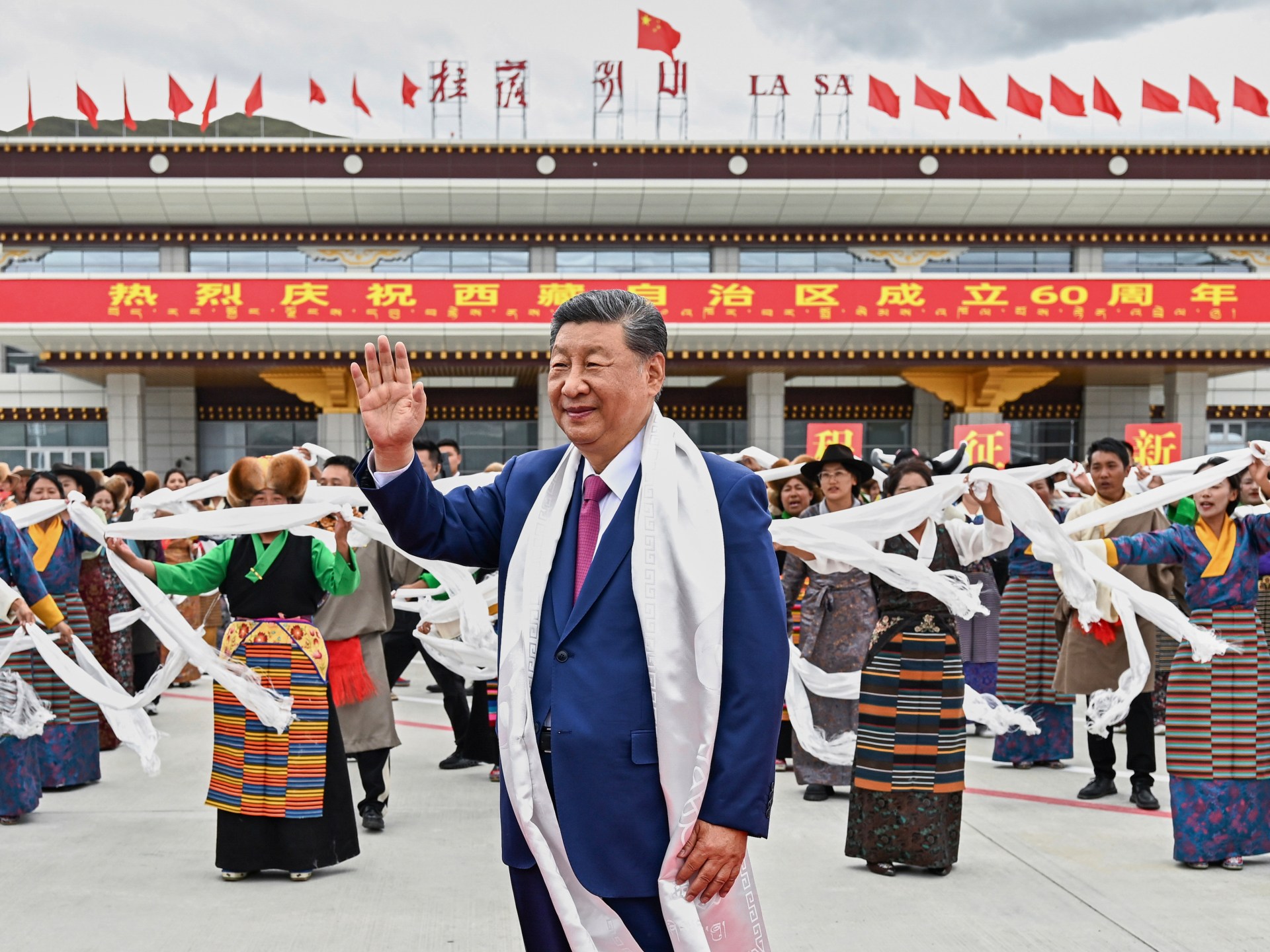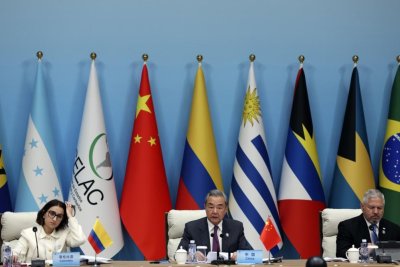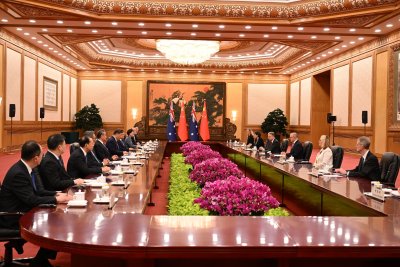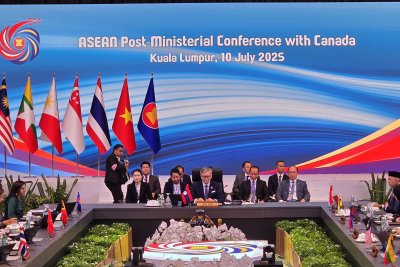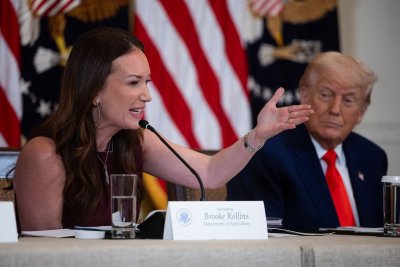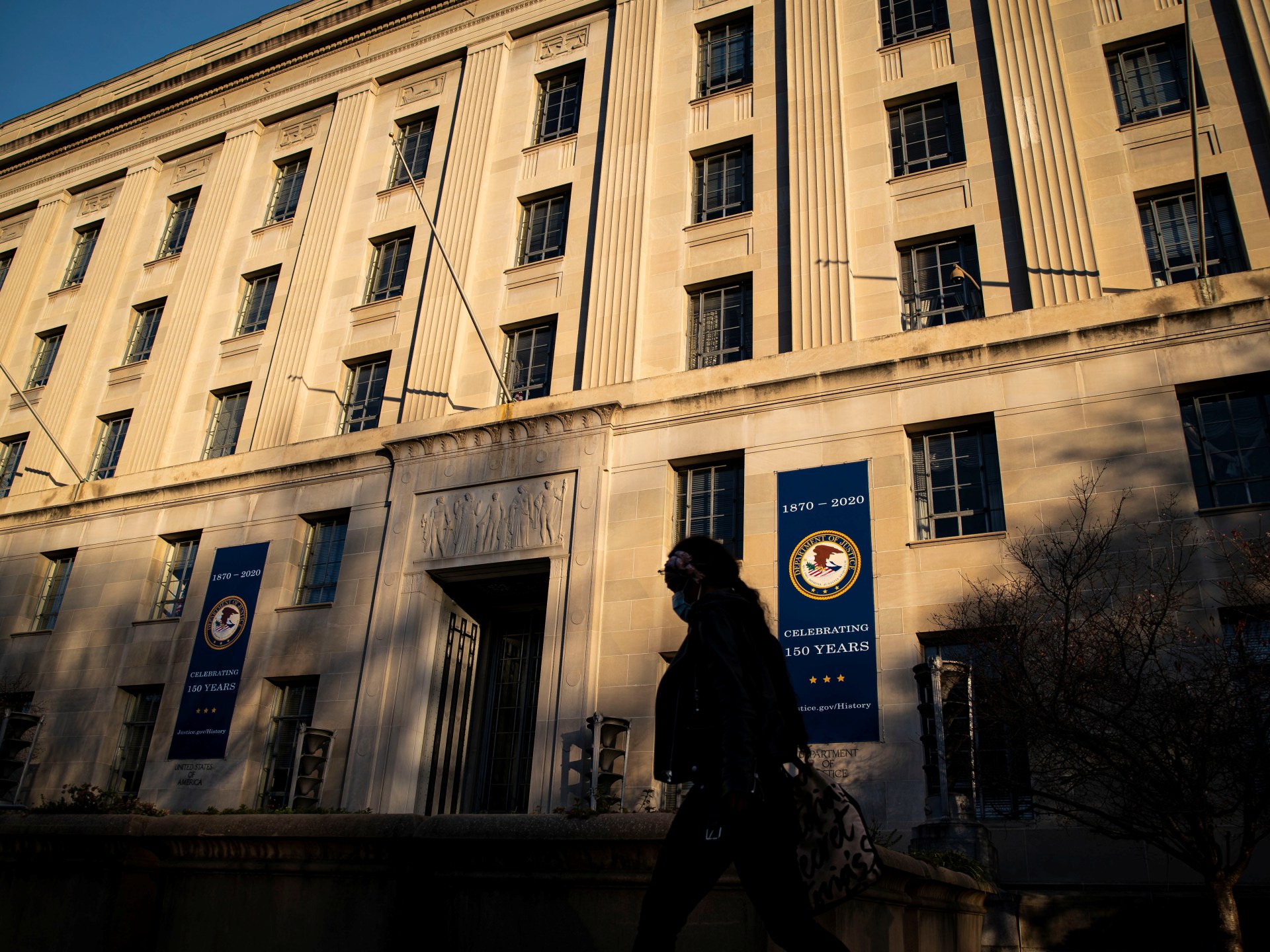The Moroccan Sahara dispute is one of the most persistent and complex regional conflicts in North Africa, lasting over forty years. This ongoing disagreement involves the Kingdom of Morocco and the Polisario Front, which is supported by Algeria. The conflict centers on sovereignty, territorial integrity, and national identity, making it a highly sensitive and crucial issue for regional stability.
In this ongoing dispute, China’s role as an emerging global power and a permanent member of the United Nations Security Council is particularly significant. China’s involvement is strategically important due to its increasing influence in international affairs and its promotion of a multilateral approach to global stability. As a result, China’s position on the Sahara issue holds critical strategic importance, not only for Morocco but also for the broader regional and international community.
Recently, Moroccan scholars and researchers have been actively examining and questioning China’s stance on the Sahara conflict. They ask whether China recognizes the autonomy plan proposed by Morocco in 2007 as a valid political solution. There is also an ongoing debate about whether the Chinese Communist Party holds a neutral position or leans toward supporting one side. These questions are important because they influence how Morocco and its allies perceive China’s diplomatic approach.
Furthermore, experts are eager to determine China’s official stance on Morocco’s sovereignty over its southern territories. Given China’s foreign policy focus on non-interference and respect for territorial integrity, the analysis assesses whether China follows these principles in this situation or if its actions suggest a departure. Overall, China’s changing position in this dispute has significant implications for regional stability and the future diplomatic landscape of North Africa.
First: The evolving strategic landscape of Moroccan-Chinese relations
Since the announcement of the strategic partnership between Morocco and China in May 2016, bilateral relations have experienced significant growth across various sectors. These include the economy, infrastructure development, energy projects, technological progress, and higher education initiatives. Morocco also actively participated in China’s ambitious “Belt and Road” initiative, which aims to enhance connectivity and foster economic cooperation among participating countries. Through this involvement, Morocco has established itself as a key financial partner for Beijing in North and West Africa, strengthening regional ties.
This expanding cooperation and engagement have transformed Morocco into a strategic launchpad for China’s broader strategy in Africa. The partnership has enhanced the country’s international reputation, presenting Morocco as a stable, open, and welcoming partner for foreign investment and diplomacy. Furthermore, this strengthened relationship has indirectly influenced China’s stance on the Moroccan Sahara issue, where China has adopted a more cautious, pragmatic, and balanced approach, demonstrating a deeper diplomatic understanding and respect for regional sensitivities.
Second: China’s stance on the Moroccan Sahara issue
China’s official position at the United Nations is neutral, consistent with its traditional foreign policy principles of non-interference and respect for sovereignty and territorial integrity.
During discussions on extending the MINURSO mission’s mandate, China emphasizes the need for a realistic, lasting, and mutually acceptable political solution. It advocates for the “continuation of dialogue” between the involved parties, refrains from harsh language toward Morocco, and seeks to maintain a balanced tone while not recognizing the Polisario Front as a sovereign state. Although this position seems “neutral,” it implicitly supports Morocco’s sovereignty.
Third: China’s position on the Moroccan autonomy proposal
In 2007, Morocco proposed its autonomy initiative as a practical political solution within the framework of national sovereignty for the ongoing conflict, and this initiative gained support from many major countries in Africa, as well as in the Arab and Western worlds, including France, the United States, Britain, Germany, and Spain.
Regarding China, it did not explicitly support or oppose the initiative but expressed indirect approval, noting that it “contributes positively to international efforts to find a solution to the conflict.” Since then, China has not opposed the Moroccan proposal but has shown tacit acceptance, especially when calling for “realistic and viable” solutions.
Fourth: Factors Affecting China’s Position
Many key factors and influences shape China’s stance on the Moroccan Sahara issue.
The principle of sovereignty and national territorial integrity: China rejects any efforts at secession, as it faces similar challenges within its territory, such as those in Taiwan, Hong Kong, and Tibet. Therefore, it tends to support countries that uphold their territorial integrity, although it has not explicitly stated this.
Relations with Algeria: Despite the increasing closeness between China and Morocco, Algeria remains a key energy partner for China, especially in the gas sector. This leads China to carefully balance its diplomatic efforts to protect its interests with both countries. Investing in regional stability: China believes that regional stability benefits its economic interests, so it prefers peaceful and stable solutions to disputes without supporting separatist movements that could cause chaos or armed conflicts.
Fifth: Is China’s stance shifting?
This question poses a challenge for researchers and those interested in the Moroccan Sahara conflict, as increasing signs suggest a possible gradual shift in China’s stance in the years to come.
– Growing Chinese trade and investments in Morocco, including the Mohammed VI Smart City project, the Atlantic port in Nador, and solar energy initiatives.
– Enhancing strategic visits and high-level diplomatic meetings between China and Morocco.
– China’s diplomatic language, like “realistic solution” and “viable political solution,” hints at autonomy and is a key reference for the Moroccan autonomy proposal.
– China’s ties with the West, especially the U.S., are weakening, pushing China to build and diversify its alliances in the Global South, including with Morocco.
In conclusion, it can be said that the Chinese Communist Party’s approach to the Moroccan Sahara issue is marked by a kind of “thought-out neutrality,” balancing core principles of Chinese foreign policy with increasing strategic interests in Morocco. Despite China’s public commitment to the policy of “neutrality,” its diplomatic and economic actions imply implicit support for Morocco’s sovereignty over its deserts, or at least a practical acceptance of the autonomy initiative. Therefore, in light of international geopolitical shifts, Morocco has a strategic opportunity to strengthen its ties with Beijing and convince it that supporting the autonomy proposal does not conflict with its political and diplomatic principles but aligns with its vision of global stability.



